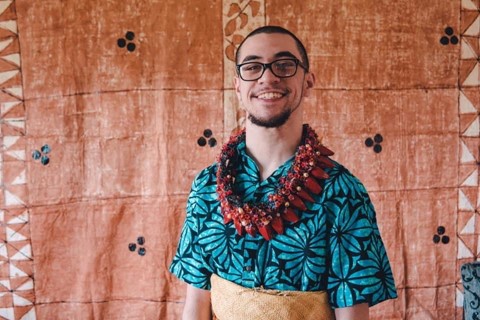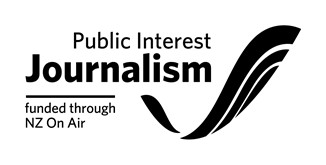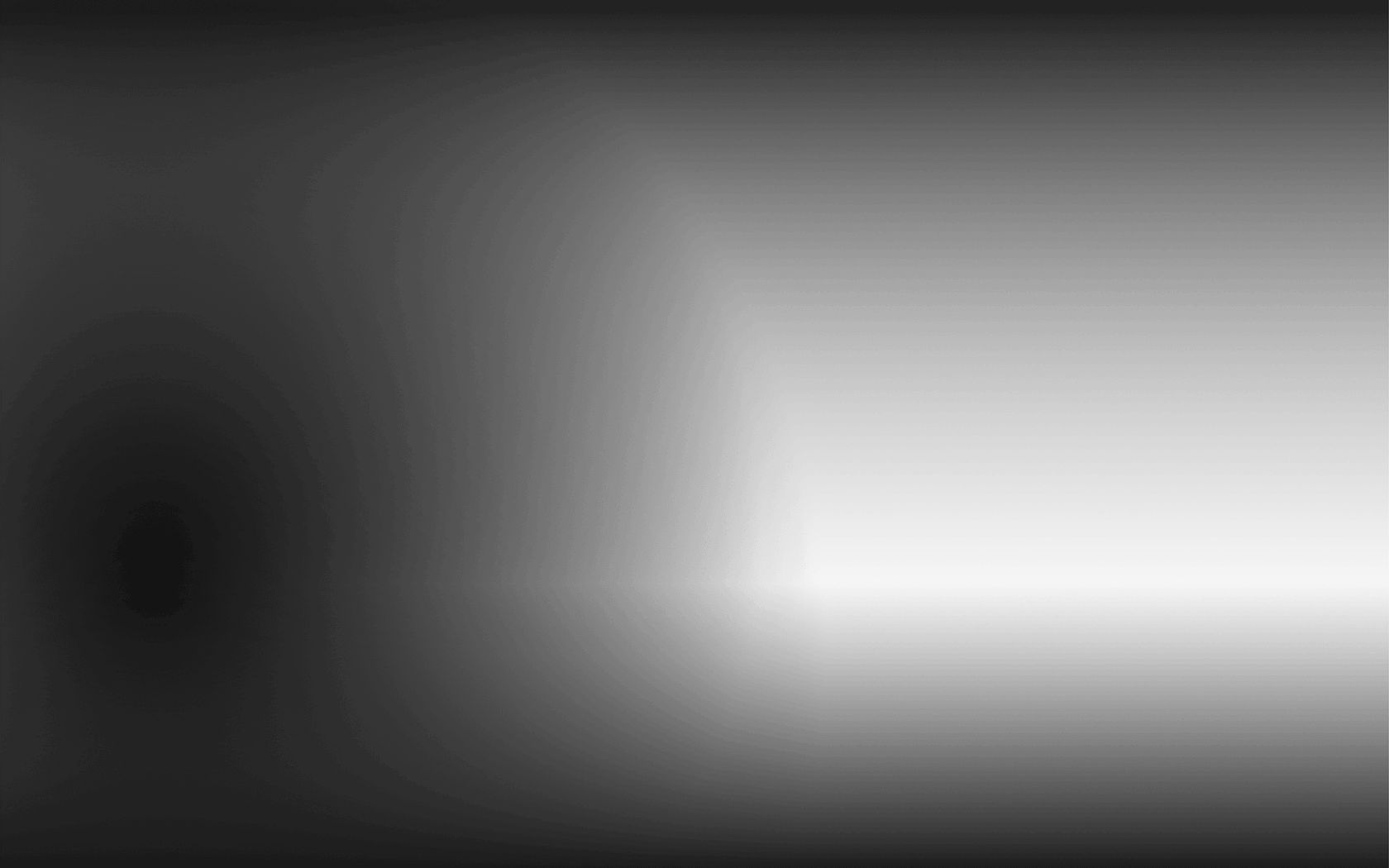Malo e lelei, Ko hoku hingoa ko Viliami. Kou lele mai mei Lapaha mo Vaini.
Kou fiefia ke tau Katoanga’i ae Uike Lea Fakatonga.
Hello, it’s William here wishing you all a very happy Tongan language week.
It is a time for us to celebrate all things Tongan - our art, dance, culture, traditions, and spoken language.
The Oxford dictionary defines language as.
"The principal method of human communication, consisting of words used in a structured and conventional way and conveyed by speech, writing, or gesture.”
I come from the villages of Lapaha and Vaini and am one of more than 80 thousand Tongans that call New Zealand home. What makes me different from most is that I live with Cerebral Palsy and am non-verbal. As such, I struggle to speak Tongan. However, I understand it and, more importantly, understand the need to keep our language and culture alive.
My mother was adamant that my brother and I needed to be fluent in Tongan to communicate with our grandparents.
Embracing our language was easy. Embracing our culture was a little more problematic. I have to be honest, it has been tough identifying as Tongan for a guy living with Cerebral Palsy.
As a kid, I was always left standing on the sidelines at cultural dances and cultural celebrations. It was automatically assumed that I couldn’t or didn’t want to participate. That couldn’t be further from the truth. The reality is, I’m not alone.
The Senior Disability Coordinator at Vaka Tautua, Lolomanaia Filiai, is adamant that our Pacific community needs to take steps to remove the stigma that disabled people live with on a daily basis.
Lolomanaia told us the solution was better cultural support, more engagement in community activities, no more language labels and zero tolerance of abuse.
Lolomanaia also believes that we can celebrate the achievements of the disabled community and also help connect them to their Tongan heritage.
“Of course, yes, we need to celebrate and acknowledge what they have been achieving; we should connect more so that they can understand and value their culture.”
I was born lucky. My Grandfather taught me to be proud of Tonga, my heritage and who i am - `Otua mo Tonga ko hoku tofi’a. Sadly, he passed away when I was just nine years old. But he gave me a passion for our culture and encouraged me to participate in Tongan dances (faivas) and embrace our music, art, culture and history.
Lolomanaia believes we need to do more to celebrate the disabled communities' achievements and help connect them to their Tongan heritage.
“The community needs to work together with the disabled community. Love one another.”
Lolomanaia told us the solution and path to a better future is simple.
“Things like modifying the community to suit the needs of disabled people, having more activities to participate in, and more accessible transportation options, and a variety of different education programs”.
I’m a proud Tongan and always look forward to wearing my Tongan attire. Language week gives us a chance to showcase our beautiful language and traditions.
But what really excites me is the opportunity it presents to showcase the disability communities achievements and build better relationships with other Tongan people who have Cerebral Palsy.






